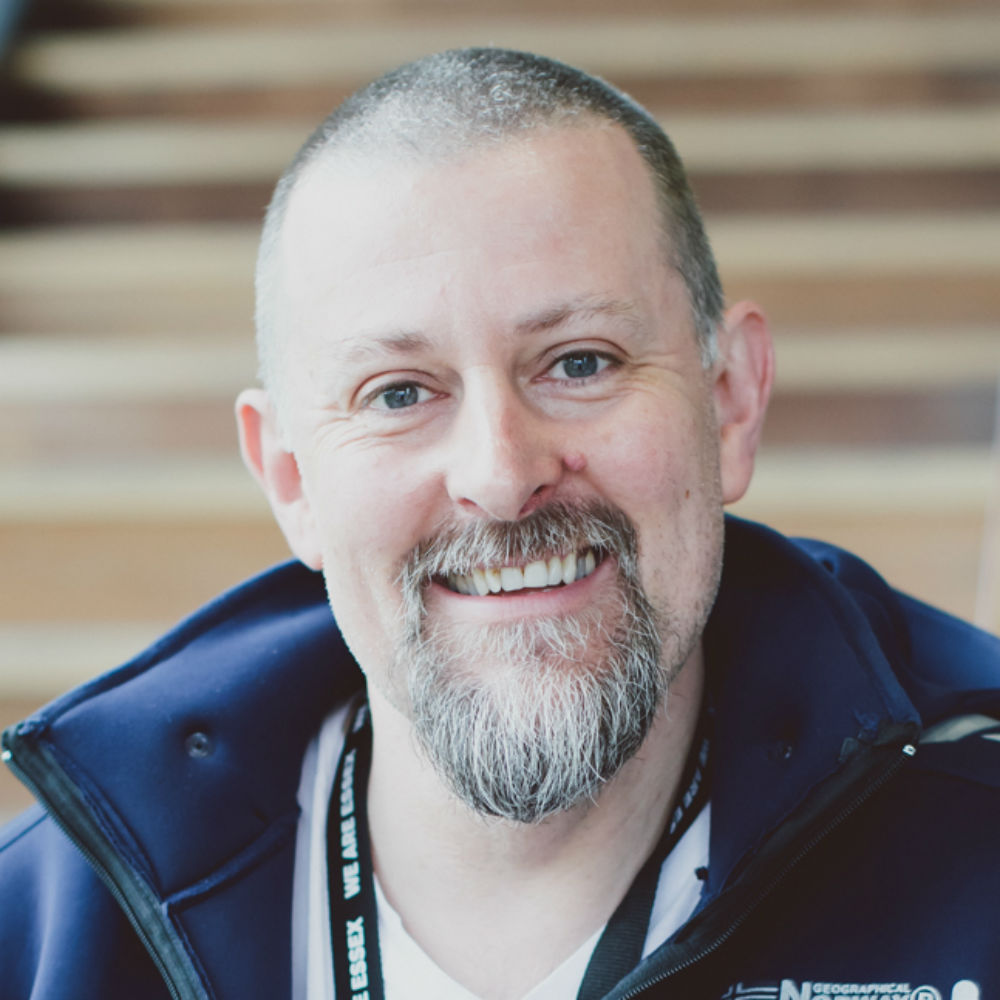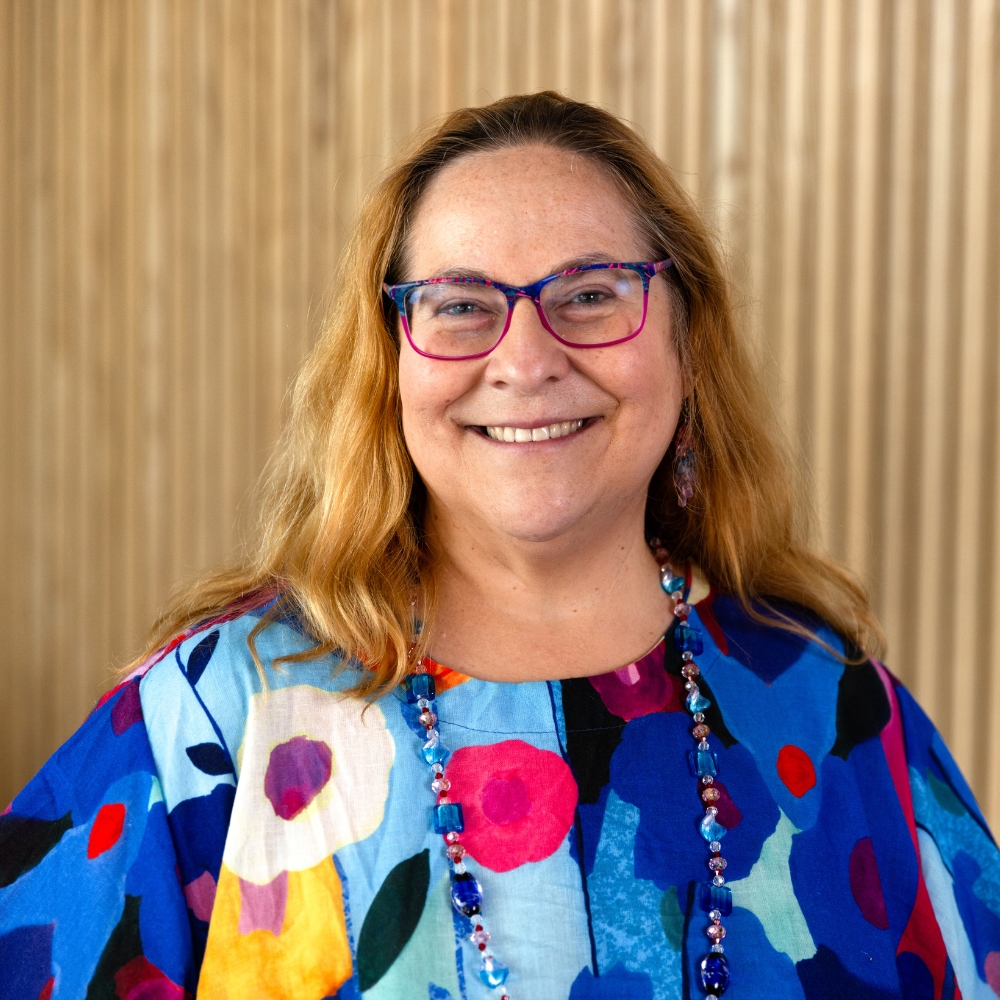More than 350,000 people in the UK have aphasia, a complex language and communication disability usually caused by stroke.
Research has found that Speech and Language Therapy for aphasia can improve reading, writing and speaking skills, but it is challenging to generalise these benefits to everyday life. The National Institute for Clinical Excellence recommends that assistive technologies should be considered as a method to improve communication in people with aphasia, but there is currently a lack of evidence-based treatments.
The HARP Aphasia Study started in April 2024. It is funded by an NIHR Research for Patient Benefit Grant. The project is based at North East London NHS Foundation Trust and is led by Dr Anna Caute of the University of Essex. The study will start with a scoping review of the literature about the use of portable smart-camera technology in communication disabilities and rehabilitation, followed by a market survey of commercially available apps suitable for use in healthcare.
In the second phase of the study, we will work with people with aphasia and Speech and Language Therapists to develop a novel intervention. The new intervention will use existing portable smart-camera technology to enhance the communication skills of people with aphasia, targeting spoken language and reading comprehension.
We will conduct a series of focus groups and workshops with people with aphasia and Speech and Language Therapists. People with aphasia will discuss ways that portable smart-camera technology could address communication difficulties and explore existing apps. They will also have the option to carry out a photo diary about their communication successes and challenges and be interviewed about their communication experiences.
We will collaborate with people with aphasia and Speech and Language Therapists to develop the new intervention, which will include a therapy manual. In the final stage of the study, people with aphasia and Speech and Language Therapists will provide feedback on the manual through workshops.
Funding
This project has been funded by the National Institute for Health and Care Research.
Contact
If you would like to find out more about the project, please contact Anna Caute (anna.caute@essex.ac.uk) or Leila Mirza (leila.mirza@nelft.nhs.uk).













